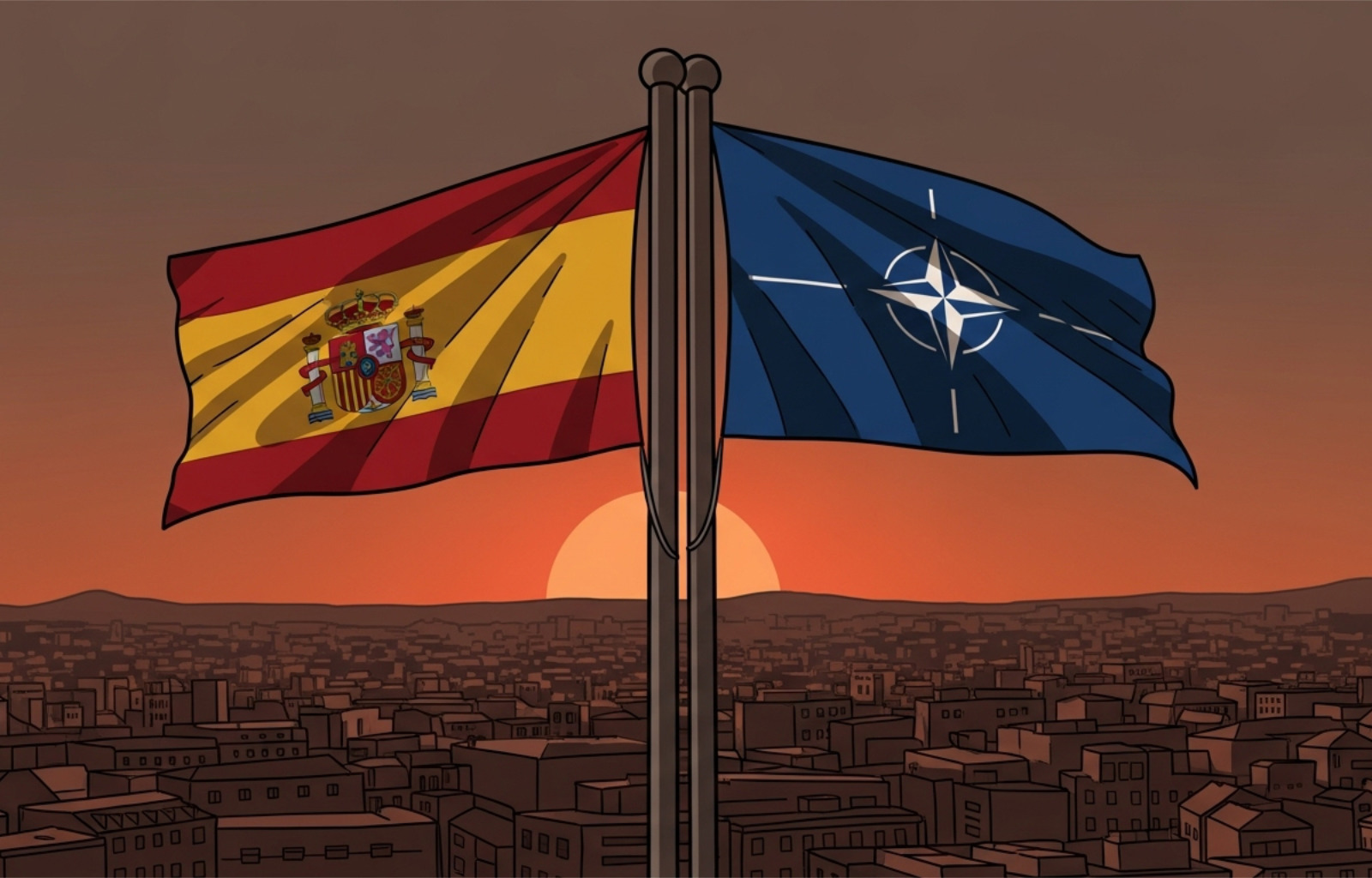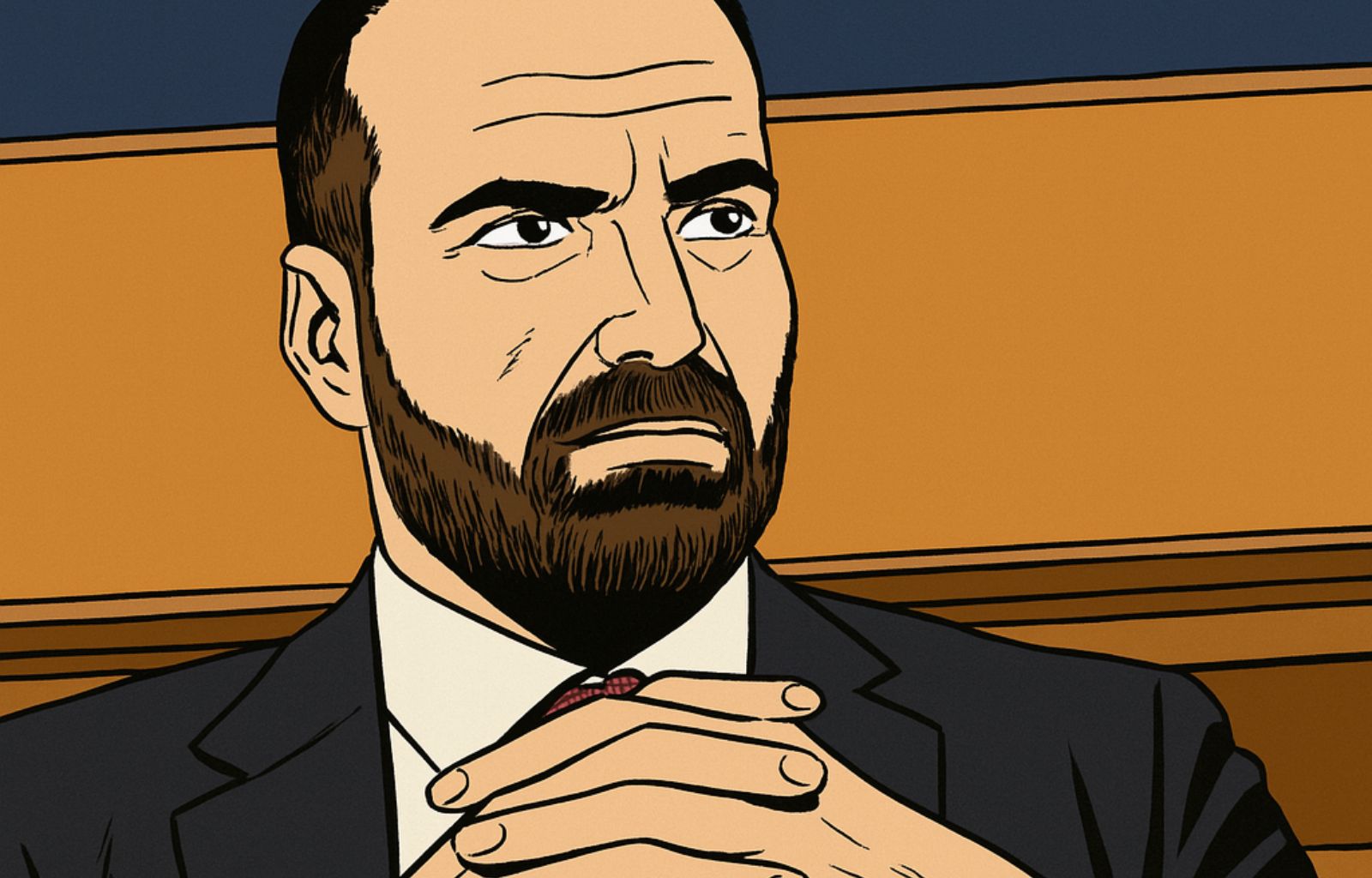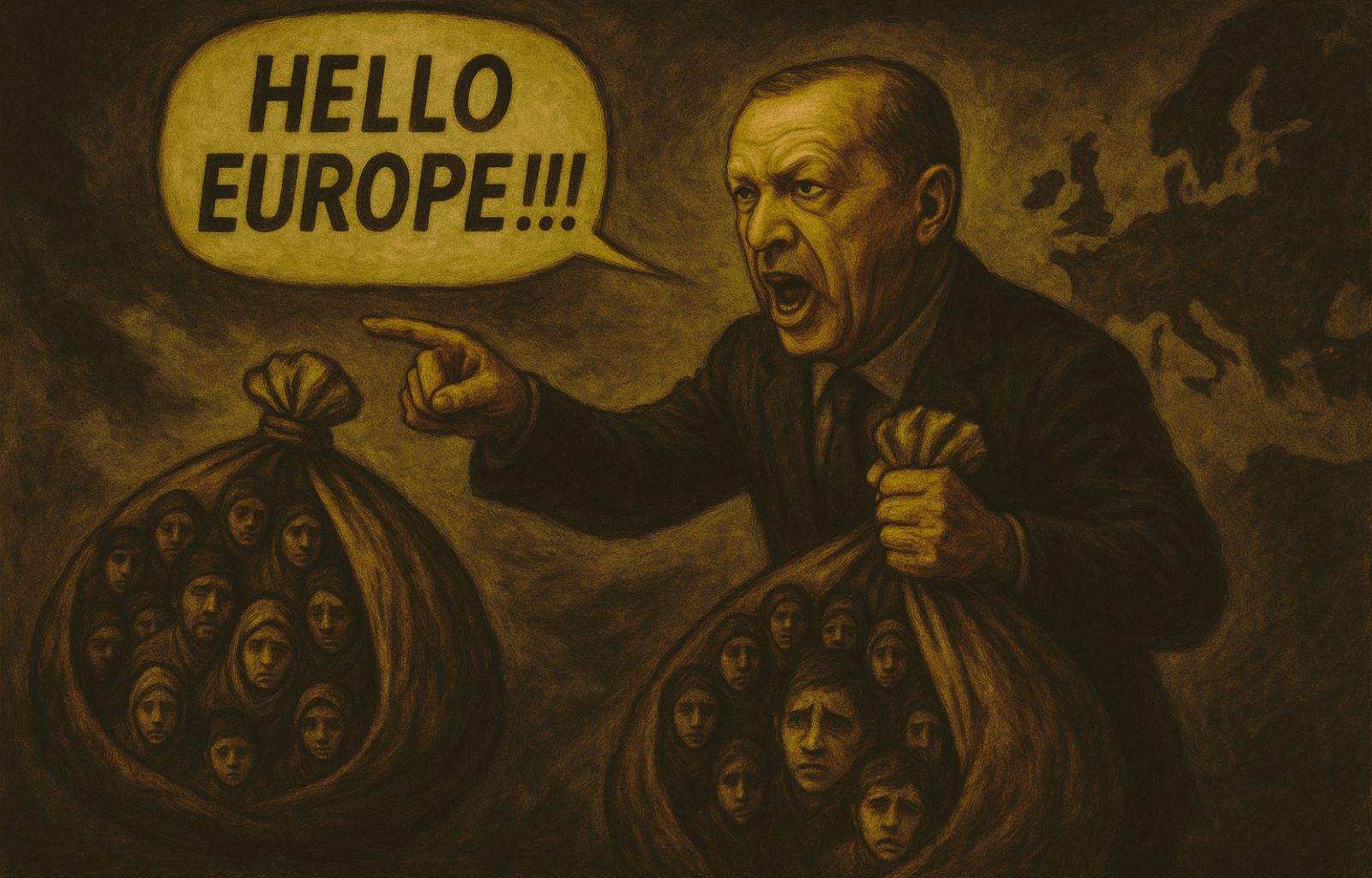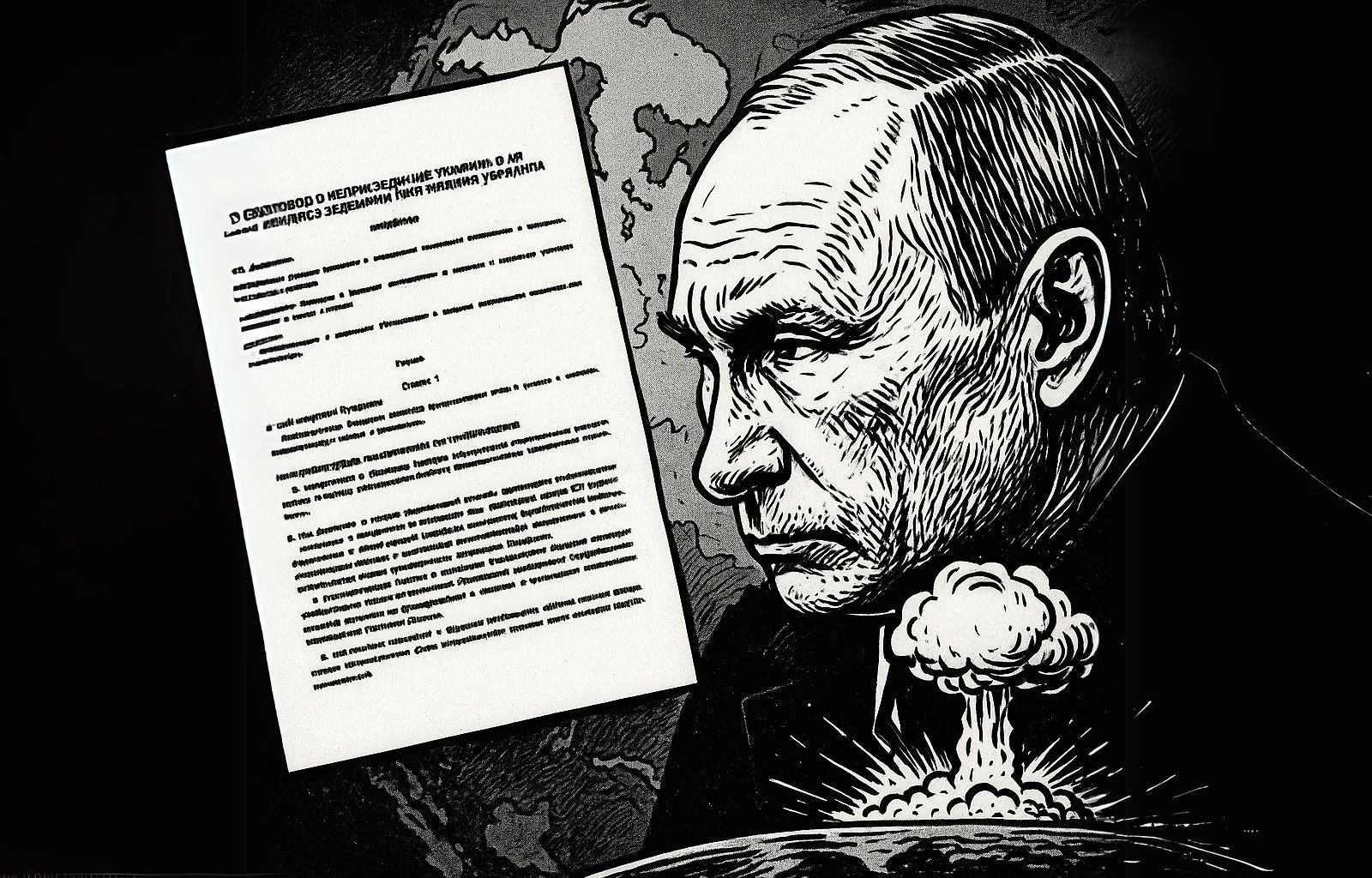A sovereign Europe: US disengagement from NATO as an opportunity
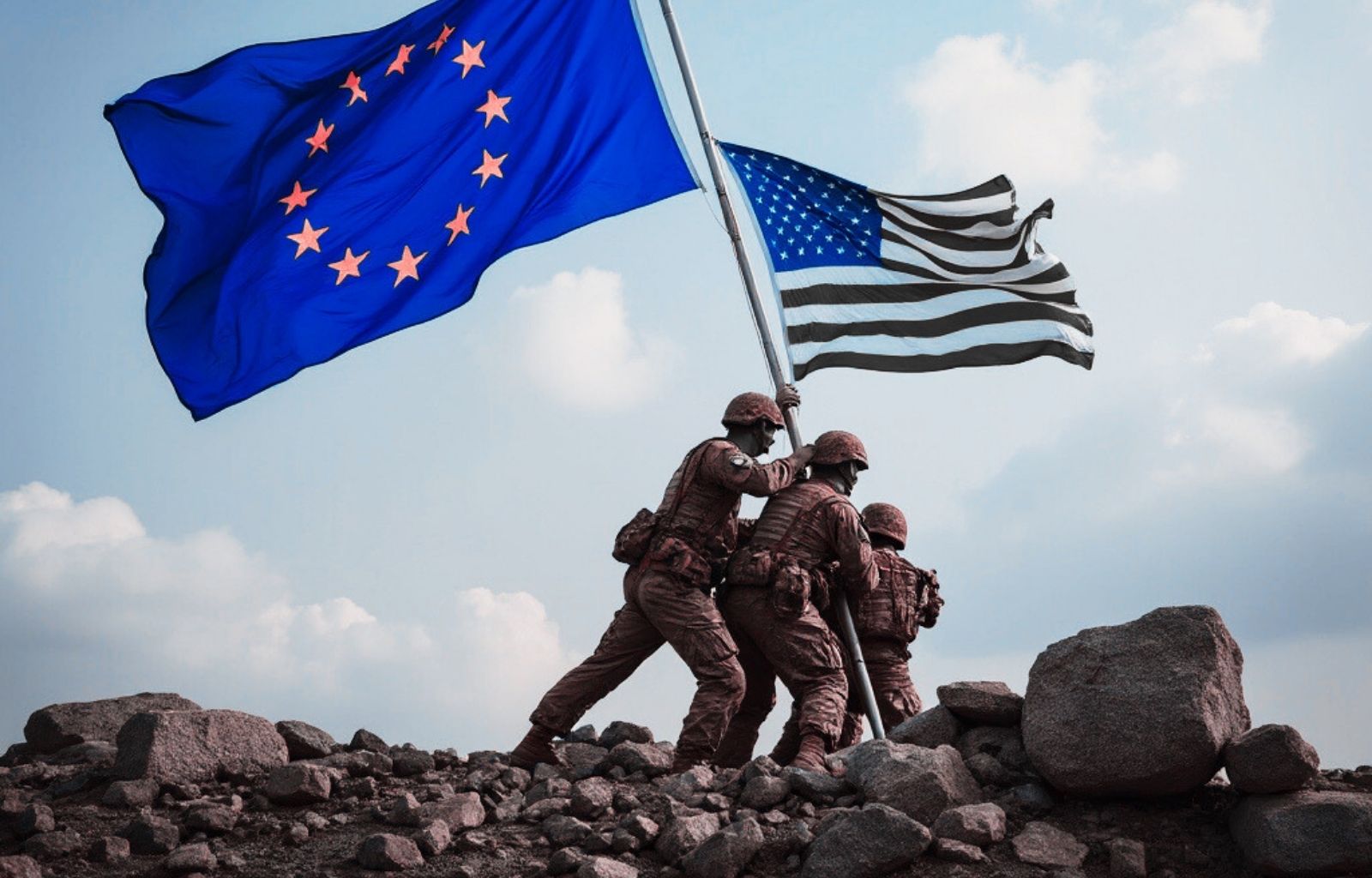
“If we are not treated fairly, we will consider leaving NATO.”
– Donald Trump
Donald Trump’s announcement of a possible US exit from NATO can no longer be ignored. Whether it is a provocation, a tactic or a real warning, it represents a direct challenge to Europe. The US, with Trump or after Trump, may not exit NATO, but its disengagement from ‘European affairs’ is a realistic prospect. We cannot remain paralysed by fear: it is time to take our destiny into our own hands, building strategic sovereignty and abandoning dependence on the United States.
For almost eighty years, European security has been guaranteed by American leadership. But at what price? Europe has remained comfortably under the American umbrella, sacrificing any drive towards autonomy. Now, with the war in Ukraine having shown how crucial collective defence is, the possibility of an American withdrawal from NATO could turn into a historic catalyst: the moment when Europe truly unites and takes control of its own security.
A crossroads for Europe
If the US backed down, Europe would have two options: remain vulnerable or become an autonomous power. The economic and technological resources are already there: Europe generates 20 per cent of global GDP and spends over EUR 200 billion a year on defence, a figure higher than China’s budget. What is lacking is the political will and the perception that Europe is an ‘assertive’ actor. A few weeks ago, Mario Draghi simplified the matter effectively: ‘We are second in the world in terms of defence spending, after the USA. After that, nobody would bet on our ability to wage a war and win it. There must be something wrong‘. Yeah.
Read also: US out of NATO? Facts and figures behind Trump’s declaration
A project like the one described in L’Europeista, a EUR 500 billion fund for a common defence, would be a strong signal. Not only would it strengthen military, industrial and technological capacity, but it would show that Europe is ready to invest in its future, united and determined.
Beyond defence: a political vision
A sovereign Europe is not just a military issue: it is a political vision. The construction of a common defence must be the first step towards a federal Europe, capable of acting as a global player. A continent that does not suffer events, but leads them.
Internal divisions and fragmented decision-making have always limited our potential. But a crisis like this can push us to overcome these obstacles, laying the foundations for a unity that is not only economic, but also political and strategic. Building European sovereignty requires sacrifices. Member states will have to surrender part of their national sovereignty in pursuit of a greater good. But is this not precisely the essence of the European Union? The belief that union is stronger than division, that cooperation overcomes conflict?
It will not be easy, but reality does not wait. If Europe does not seize this opportunity to reform itself, it will remain condemned to be a passive player in global balances. The world is changing, and the only relevant question is whether Europe will be a spectator (or, worse, a colony) or a protagonist.

